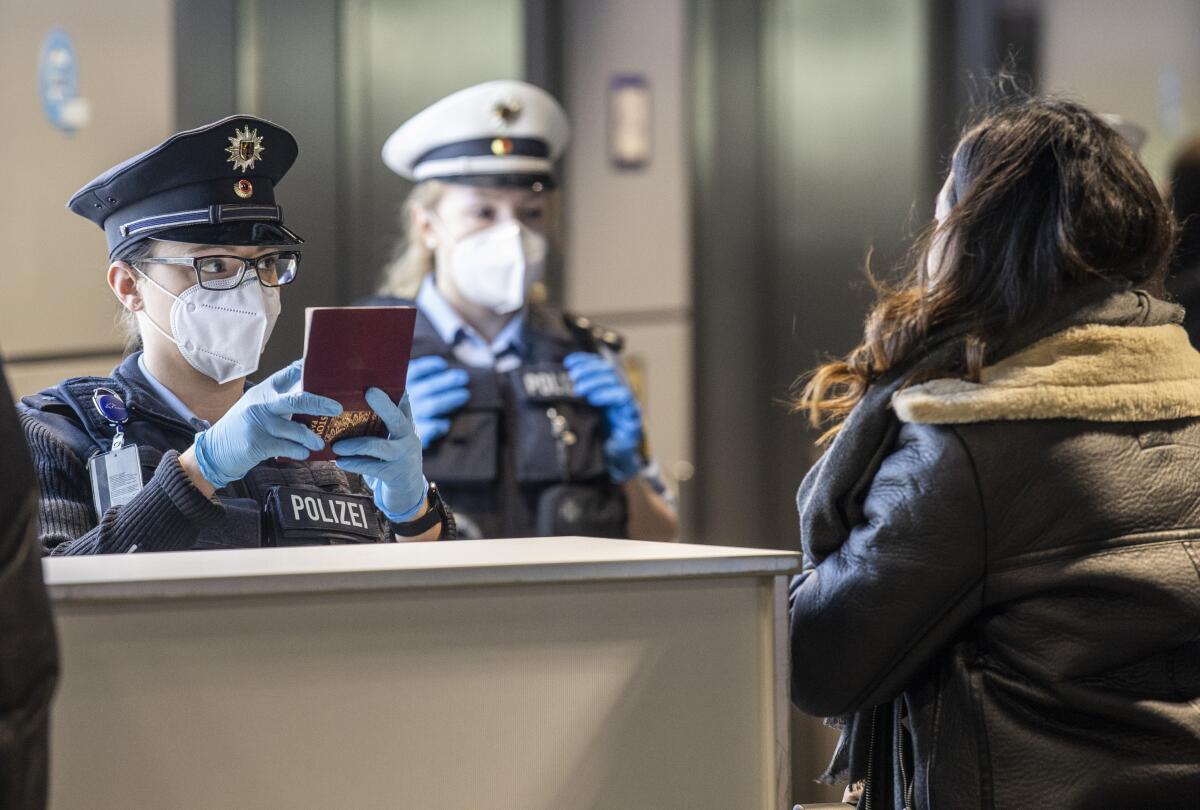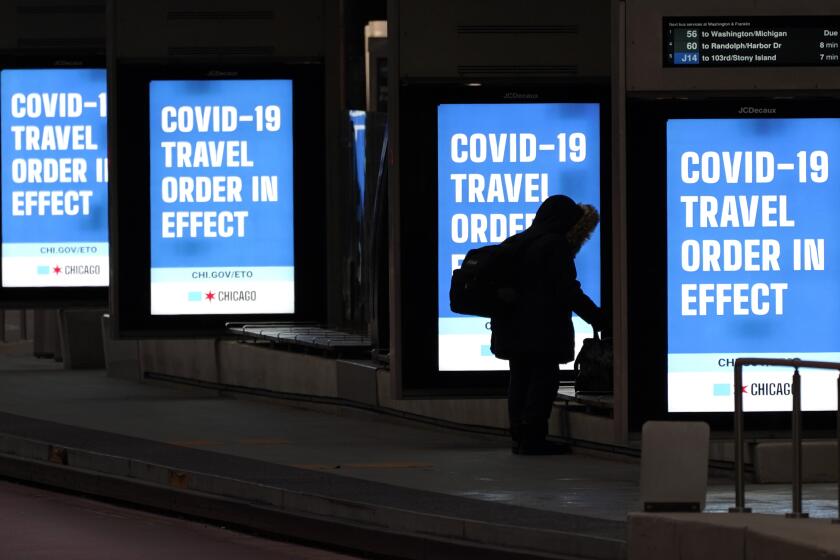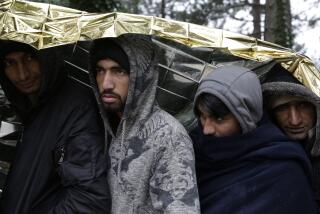EU proposes more travel restrictions to stop spread of coronavirus variants

BRUSSELS — The European Union’s executive body proposed Monday that the bloc’s 27 nations impose more travel restrictions to counter the spread of new coronavirus variants, but urged countries to make sure that goods and workers keep moving across EU borders.
Amid concerns over a slowdown in the EU’s COVID-19 vaccine supply, the European Commission urged member nations to reinforce testing and quarantine measures for travelers as more contagious coronavirus mutations threaten to overwhelm Europe’s hospitals with new cases. More than 400,000 EU citizens have died from COVID-19 since the pandemic hit Europe last year.
“The start of the EU vaccination campaign kicked off the beginning of the end of the pandemic,” EU Justice commissioner Didier Reynders said. “At the same time, new, more transmissible variants of the virus have surfaced. There is currently a very high number of new infections across many member states. And there is an urgent need to reduce the risk of travel-related infections to lessen the burden on overstretched healthcare systems.”
The commission proposed that travelers from outside the EU get a negative coronavirus test result before coming, take a test after arriving, go into mandatory quarantine for up to 14 days, and hand over data for contact tracing. The measures are broadly similar to ones ordered by President Biden in the U.S.
As for EU citizens and residents, the commission proposed coronavirus tests upon their return to the EU, plus possible restrictions if they arrive from a country where a virus variant has been detected.
The new measures need to be approved by EU nations before taking effect.
British scientists have bolstered their case that the new coronavirus variant spreads more easily than its predecessors. It could be worse in the U.S., they warn.
The commission also suggested adding a new color — dark red — to its weekly color-coded map of infection numbers.
Reynders said the new color would highlight areas where the rate of new confirmed infections in the last 14 days was 500 or more per 100,000 inhabitants. He said that between 10 and 20 EU countries would already see dark red patches on part or all of their territory if the shade were in use now.
“We also think it is necessary for essential travelers arriving from dark red areas to get tested before traveling and to undergo quarantine, unless these measures would have a disproportionate impact on the exercise of their essential function,” Reynders said.
Since the discovery of the new coronavirus variants, several EU countries have already reinforced their lockdown measures. Belgium has introduced a ban on all nonessential travel for its residents until March, while France could soon start a third lockdown if a stringent 12-hour daily curfew already in place can’t slow down new infections.
Politicians and local leaders have condemned rioters who clashed with police in towns and cities across the Netherlands over a coronavirus curfew.
“We are suggesting stricter measures for dark red areas, because we must recognize the high level of cases,” Reynders said.
Although all nonessential travel is “strongly discouraged,” the commission stressed the need to keep the EU’s single market functioning so that workers and goods can continue to cross the EU’s internal borders smoothly.
“Border closures will not help. Common measures will,” Reynders said.
More to Read
Sign up for Essential California
The most important California stories and recommendations in your inbox every morning.
You may occasionally receive promotional content from the Los Angeles Times.












